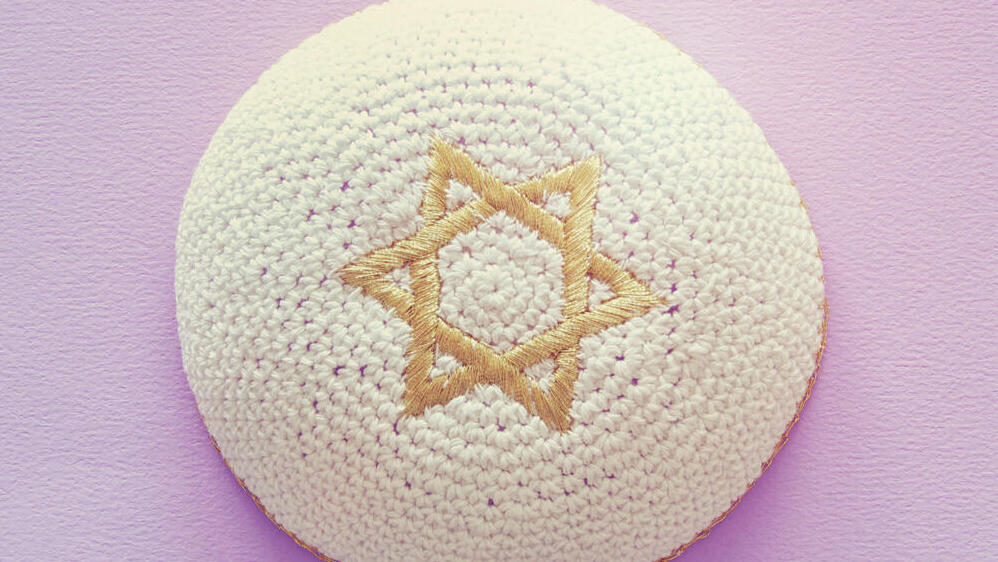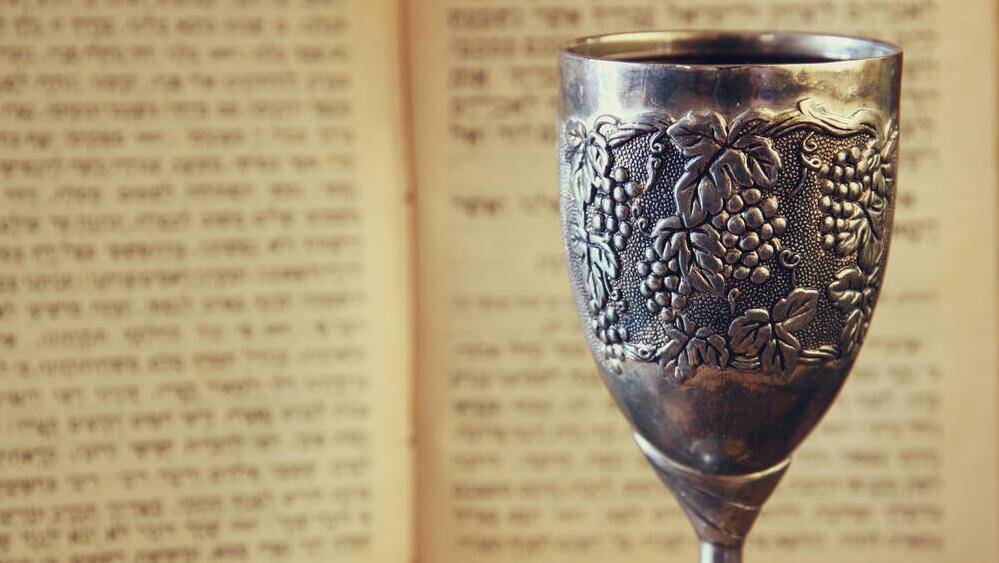A new study revealed Monday that nearly half of the Jews in Israel do not classify themselves strictly as "secular," "religious," or "ultra-Orthodox," but rather define themselves as upholders of tradition. The research conducted by the Jewish People Policy Institute found that approximately 45% of Jews in Israel identify as traditionalists, making them a majority.
Read more:
Contrary to the commonly held perception that associates traditional Jews with Likud and the right-wing the study shows that half are not aligned with them politically. Furthermore, the research demonstrates that the majority of the traditional public is pluralistic by nature, opposes coercion of any kind and supports religious and personal freedoms for both secular and religious Israelis.
According to the study, 55% of traditional Jews perceive the Jewish character of the state to be based on a national component, with less than a third emphasizing the religious aspect. Moreover, the proportion of traditionalists who interpret the Jewish character of the state as based on democratic principles and tolerance is similar to that of those who describe themselves as secular.
The research also reveals that the traditional identity, although still associated with Mizrahi (Jews of Middle Eastern and North African descent) heritage, has transcended boundaries, and more and more Ashkenazi (Jews of European descent), former Soviet Union immigrants, and others define themselves as traditional as well. This fact indicates that traditionalism has become a post-ethnic identity.
Furthermore, the study shows that traditionalism functions for many in Israeli society as a secondary identity that can coexist with other primary identities such as secular-traditional, religious-traditional, and so on. The research examined the reasons for the weakening of traditionalism as a self-defined and autonomous identity attributing it to the educational system that separates religious and non-religious students.
The Study, titled "Traditionalists and Traditionalism in Israel Worldviews, discourse, and cultural trends," was conducted by Gabriel Abensour, a research fellow at the Jewish People Policy Institute. The study utilized data collected over the past two decades by the Central Bureau of Statistics and various other institutions, including the Jewish People Policy Institute and the Israel Democracy Institute.
According to Professor Yedidia Stern, President of the Jewish People Policy Institute, "In a time when Israeli identity politics and tribalism seem to be at their peak, traditionalism brings with it an important message that allows for the growth of diverse Jewish identities based on broad agreement. In contrast to the defined and rigid identities by which the Jewish public in Israel is commonly classified, traditional identity, according to Gabriel Abensour, absorbs other identities while maintaining its distinctiveness."




